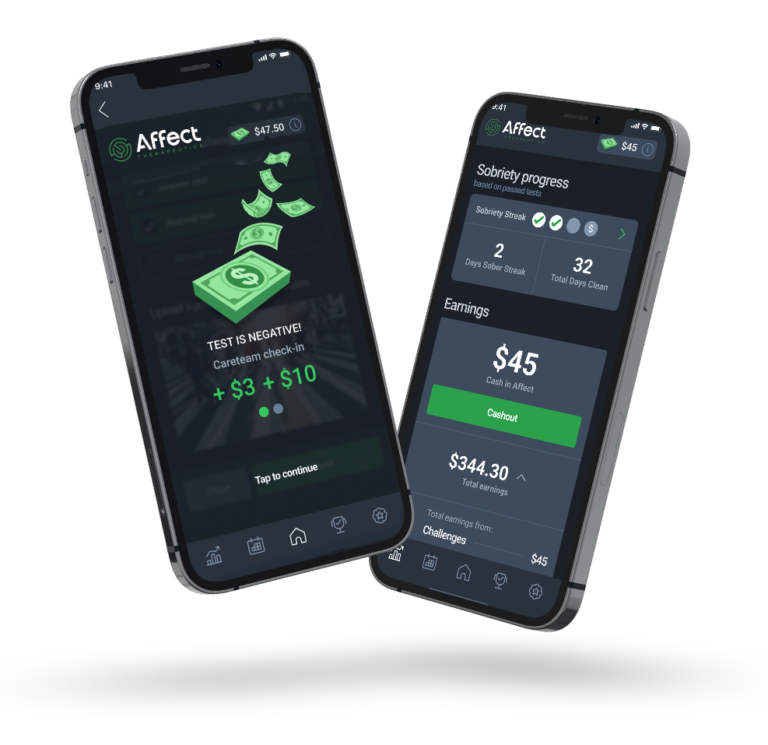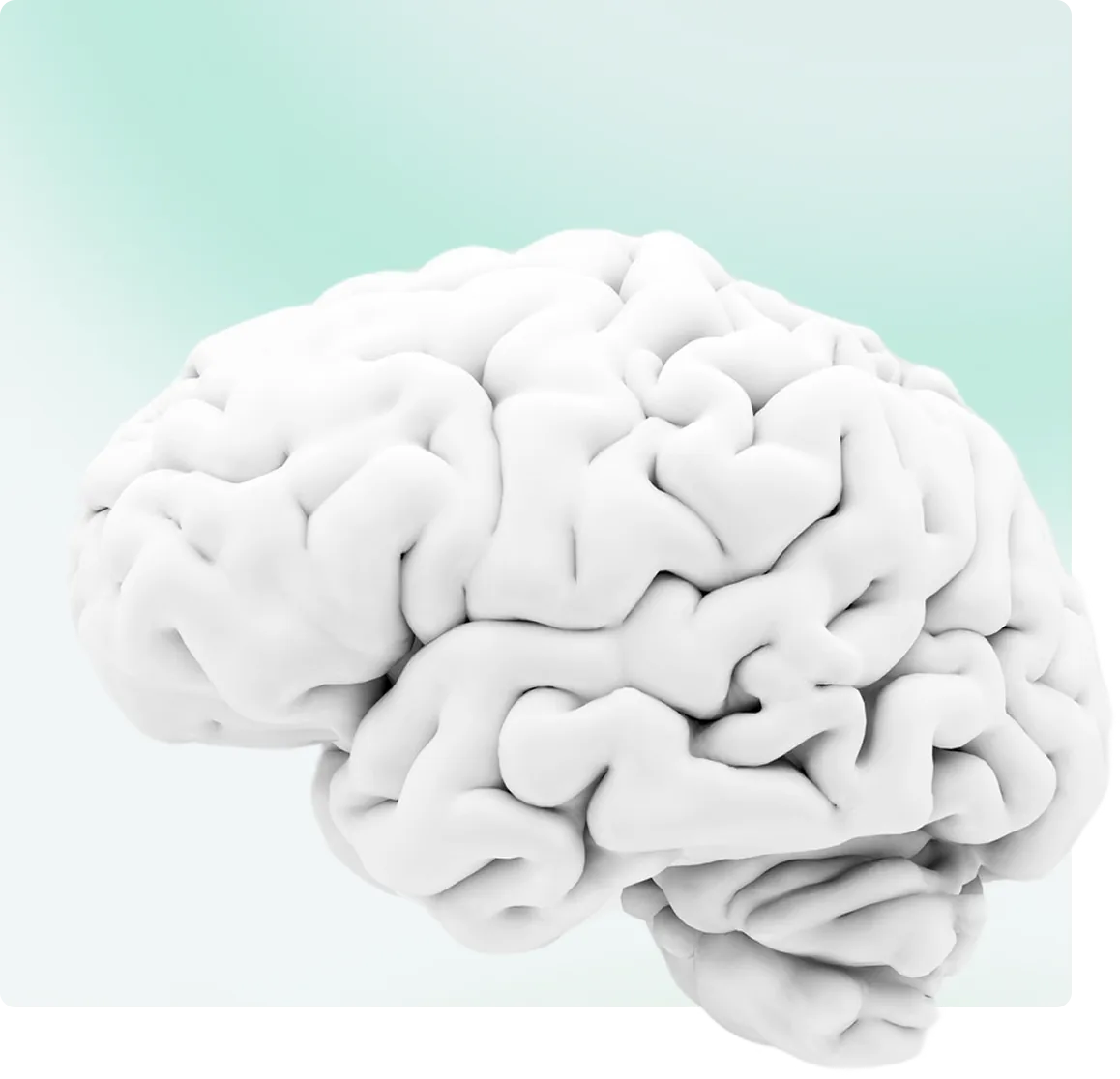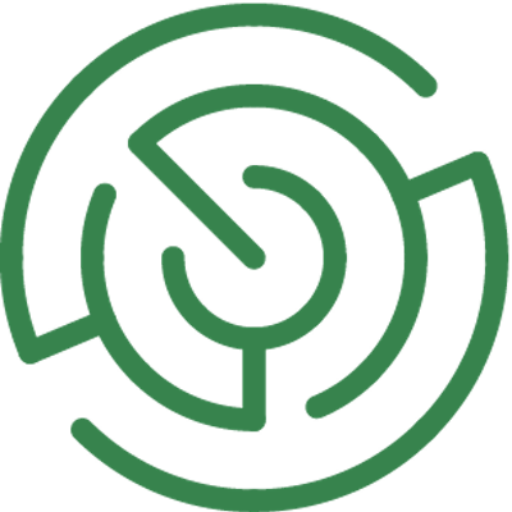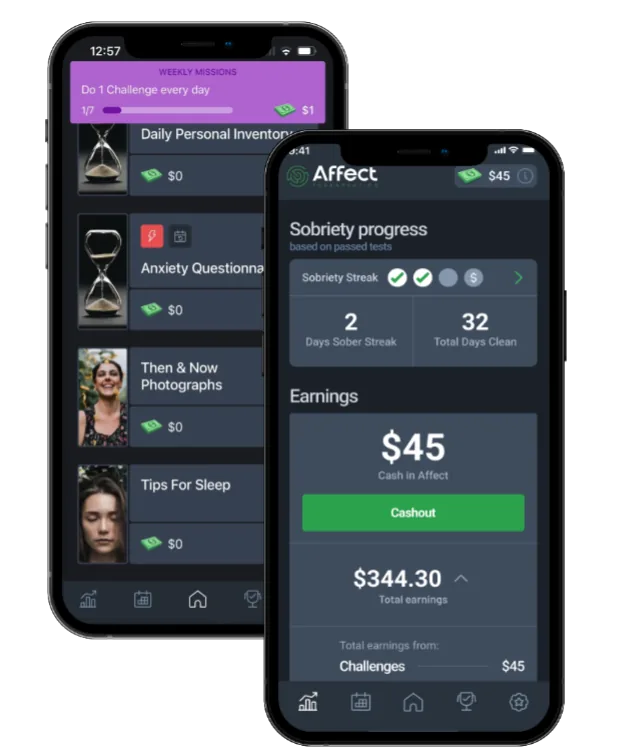Discover the Rewards of Recovery
Contingency Management: A behavioral therapy that gamifies the process of building healthy habits


Why Earning Prizes Can Help You Quit Alcohol or Drugs
Have you ever been promised dessert for eating your veggies, spent a little extra to get free shipping, or loved the cheers after scoring in a game? If so, you’ve experienced a “contingent incentive”—a reward you get after doing something specific.
Contingency Management (CM) uses this same idea to help you reduce substance use. You earn rewards for meeting goals that support healthier behaviors. Over time, this helps retrain your brain to seek out and enjoy positive actions—so you start feeling good naturally, without needing drugs or alcohol.
Wait, So What Is Contingency Management?
Contingency Management (CM) is based on a simple idea from behavioral psychology: we tend to repeat behaviors that lead to positive outcomes. This is called “operant conditioning.” CM uses this by offering real rewards for actions like attending appointments, completing app challenges, or testing negative for substances.
From a brain science perspective, CM helps reset the reward system that drugs and alcohol hijack. Substance use floods the brain with feel-good chemicals like dopamine, creating a powerful cycle of craving and dependence. CM breaks that cycle by helping your brain relearn how to feel good from healthy, drug-free behaviors.
That’s Contingency Management — a reward tied to a healthy action. It taps into your brain’s natural drive for positive reinforcement. In recovery, that means you can rewire your habits through micro-wins.

It’s Not Magic. It’s Science.
CM flips the script on addiction. Instead of getting dopamine from substances, your brain starts linking rewards with healthy actions. Bit by bit, the brain learns to feel good through progress — not a high.
And guess what? The more you win, the better your brain works. That’s real healing.

“I’m stronger and healthier in mind and body”
All my relationships have been getting better and better everyday. I’m enjoying life the way I should be and trying a lot of new things. It’s been 170 days since my last drink and I feel great.
Tommy
I’ve learned how to love myself and to forgive myself. I’ve mastered boundaries. I’m no longer uneasy living alone.
Group and counselor support is the best. Life has improved because I learned it’s never too much trouble to take care of myself.
I’ve been able to focus on things that are important in my life, including my children. That it’s the best thing that could ever have happened to them, and to me.
You’ve Got Options.
Let’s Find the Right One.
Getting sober is just the start. Need help with housing, job hunting, healthcare, or financial aid? We’ve got your back.




